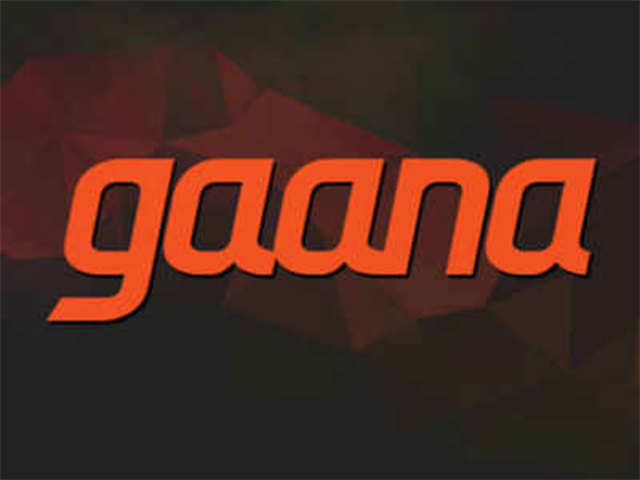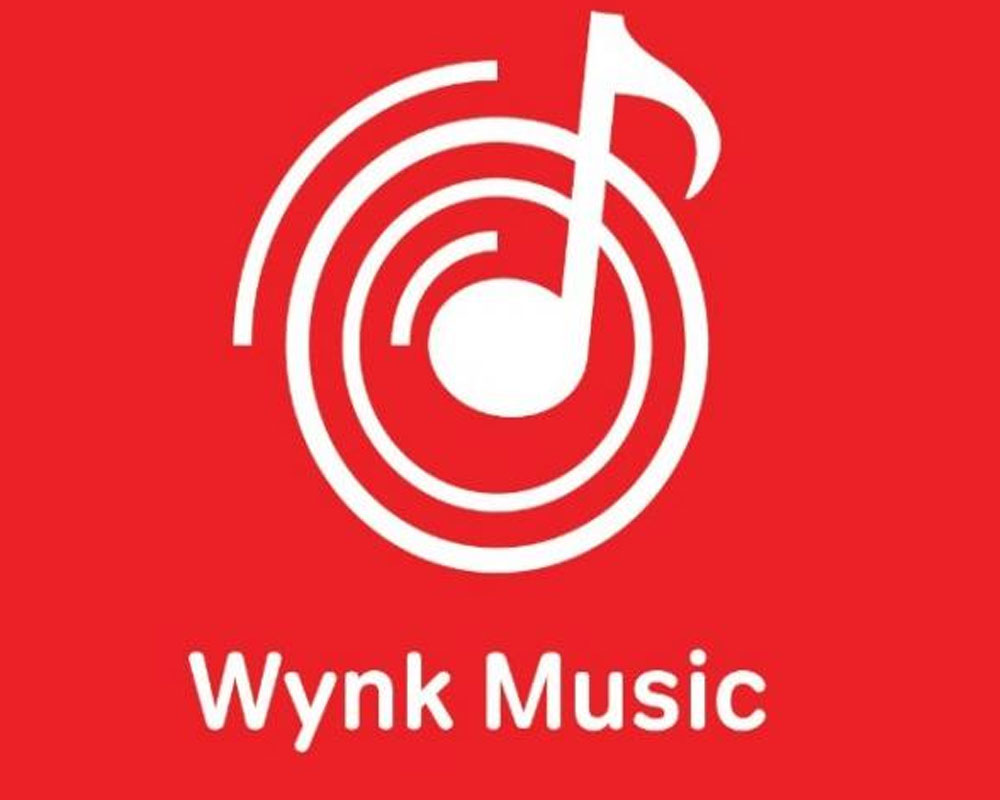There are multiple online music players in India, namely Spotify, Gaana, Hungama, Wynk, Amazon music, Jio-Saavn, YouTube music. With Spotify and YouTube music being the new players in the market competing with veterans like Jio-Saavn, Gaana, etc. With Spotify released on 26th February, 2019 and YouTube music on 12th March, 2019, both the services are facing a tough time gripping into the Indian music market. In this article, I make a comprehensive analysis of all the music streaming services in India considering the viewpoints of the audience being my priority. I have explored the areas of quality of music,collection of music, the quality of the curated playlists, demand, and last but not the least, cost efficiency.
Jio-Saavn was launched in 2007, one of the early members of the music streaming family in India. One of the most favoured among Indians. After the merge of Jio-music and Saavn, the service has reached to more people with an ever increasing music collection. The quality of music couldn't have been any better even at low internet speed. The UI is extremely lucid allowing the user to easily connect to the site as well as to the music. Coming to pricing, it's free with ads, and costs ₹99 a month. The curated playlists give you just what you want, it introduces you to some not-so-known songs with some popular tracks too.
Gaana is the second name which strikes our mind when talking about music streaming in India. The quality of music is pretty good when it comes to our internet speeds. The playlists are good but they could have been better, along-with the collection of tracks especially English. The UI is lousy, and fails to attract the audience. The pricing of the premium subscription is also ₹99 per month.
Wynk music has an almost perfect stock of songs including English tracks. The UI is pale and lacks smoothness in its navigation. The advantage for Airtel users in Wynk is incomparable. Hungama on the other hand could improve on their song stock. The only advantage on Hungama is that it offers Movies as well as TV Shows, but the hidden trap in this is that even the stock of movies and TV Shows are pathetic. The subscription costs ₹99 per month.
Coming to the most awaited music streaming service i.e. Spotify. Its been weeks since Spotify released in India. The problem that the company is facing in licensing from Warner music group is preventing the app from reaching its full potential. The UI of Spotify is excellent, lucid and allows for perfect navigation of songs. Spotify once cleared all licenses, would be a tough competition to the existing streaming services. The huge database of songs costs just ₹119 per month.
YouTube music is the latest player in this market. There's no complain about the UI, its the most easily accessible out of all the players I have used. The free version doesn't allow you to listen to audio only, and that requires a subscription of ₹99 a month. The curated playlists are appreciable, with Google's Machine Learning into the play, the app becomes better with each use. Still to get a good grasp on the Indian market, it needs to find ways in which it can be a level above other streaming services. YouTube music can look forward to adding some more features like producing exclusive music under its own licensing in the future.
Finally, coming to Amazon music. Regarding the UI, Amazon could have improved it. For a first time user, it becomes confusing with so many tabs. The database of songs is great with a huge scope of improvement in case of regional songs. The subscription comes bundled with Amazon prime subscription costing ₹129 per month and ₹999 a year. Considering the benefits of Prime video, and Prime delivery, the price comes at a very nominal rate, and the best price looking at the benefits. The drawback that I have noticed is the display capacity of the songs "Recently added to the cloud" i.e. restricted to 70-72 songs. If Amazon can display all of my songs that I have added to my cloud then it would be great, people do like hear there old choices too sometimes.
All the music streaming services are updating their services everyday, still these opinions are on personal experiences along-with user reviews. If someone's looking for complete music package, my personal suggestion would be either Spotify (once it clears the license) or YouTube music or JioSaavn. If one cares for budget and would also like a broad range of music but not as big as Spotify or YouTube music then the person can blindly opt for Amazon Prime subscription. As a personal suggestion I would recommend to stick to the above streaming services (some might consider Wynk too). The competition is high in the Indian market and all the streaming services must gear up their think tanks to stand-out from the rest.
Jio-Saavn was launched in 2007, one of the early members of the music streaming family in India. One of the most favoured among Indians. After the merge of Jio-music and Saavn, the service has reached to more people with an ever increasing music collection. The quality of music couldn't have been any better even at low internet speed. The UI is extremely lucid allowing the user to easily connect to the site as well as to the music. Coming to pricing, it's free with ads, and costs ₹99 a month. The curated playlists give you just what you want, it introduces you to some not-so-known songs with some popular tracks too.
Gaana is the second name which strikes our mind when talking about music streaming in India. The quality of music is pretty good when it comes to our internet speeds. The playlists are good but they could have been better, along-with the collection of tracks especially English. The UI is lousy, and fails to attract the audience. The pricing of the premium subscription is also ₹99 per month.
Wynk music has an almost perfect stock of songs including English tracks. The UI is pale and lacks smoothness in its navigation. The advantage for Airtel users in Wynk is incomparable. Hungama on the other hand could improve on their song stock. The only advantage on Hungama is that it offers Movies as well as TV Shows, but the hidden trap in this is that even the stock of movies and TV Shows are pathetic. The subscription costs ₹99 per month.
Coming to the most awaited music streaming service i.e. Spotify. Its been weeks since Spotify released in India. The problem that the company is facing in licensing from Warner music group is preventing the app from reaching its full potential. The UI of Spotify is excellent, lucid and allows for perfect navigation of songs. Spotify once cleared all licenses, would be a tough competition to the existing streaming services. The huge database of songs costs just ₹119 per month.
YouTube music is the latest player in this market. There's no complain about the UI, its the most easily accessible out of all the players I have used. The free version doesn't allow you to listen to audio only, and that requires a subscription of ₹99 a month. The curated playlists are appreciable, with Google's Machine Learning into the play, the app becomes better with each use. Still to get a good grasp on the Indian market, it needs to find ways in which it can be a level above other streaming services. YouTube music can look forward to adding some more features like producing exclusive music under its own licensing in the future.
Finally, coming to Amazon music. Regarding the UI, Amazon could have improved it. For a first time user, it becomes confusing with so many tabs. The database of songs is great with a huge scope of improvement in case of regional songs. The subscription comes bundled with Amazon prime subscription costing ₹129 per month and ₹999 a year. Considering the benefits of Prime video, and Prime delivery, the price comes at a very nominal rate, and the best price looking at the benefits. The drawback that I have noticed is the display capacity of the songs "Recently added to the cloud" i.e. restricted to 70-72 songs. If Amazon can display all of my songs that I have added to my cloud then it would be great, people do like hear there old choices too sometimes.
All the music streaming services are updating their services everyday, still these opinions are on personal experiences along-with user reviews. If someone's looking for complete music package, my personal suggestion would be either Spotify (once it clears the license) or YouTube music or JioSaavn. If one cares for budget and would also like a broad range of music but not as big as Spotify or YouTube music then the person can blindly opt for Amazon Prime subscription. As a personal suggestion I would recommend to stick to the above streaming services (some might consider Wynk too). The competition is high in the Indian market and all the streaming services must gear up their think tanks to stand-out from the rest.








Comments
Post a Comment